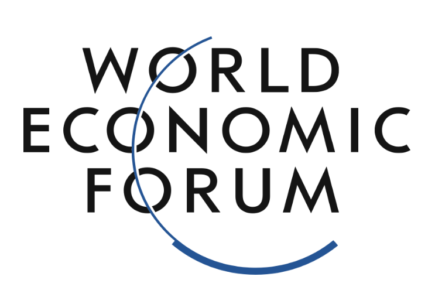
Using meat alternatives to fight climate change
GFI's Bruce Friedrich explains why the federal government should fund open-access research into plant-based and cultivated meat and incentivize private-sector research in order to meet President Biden's goal of net-zero emissions.








